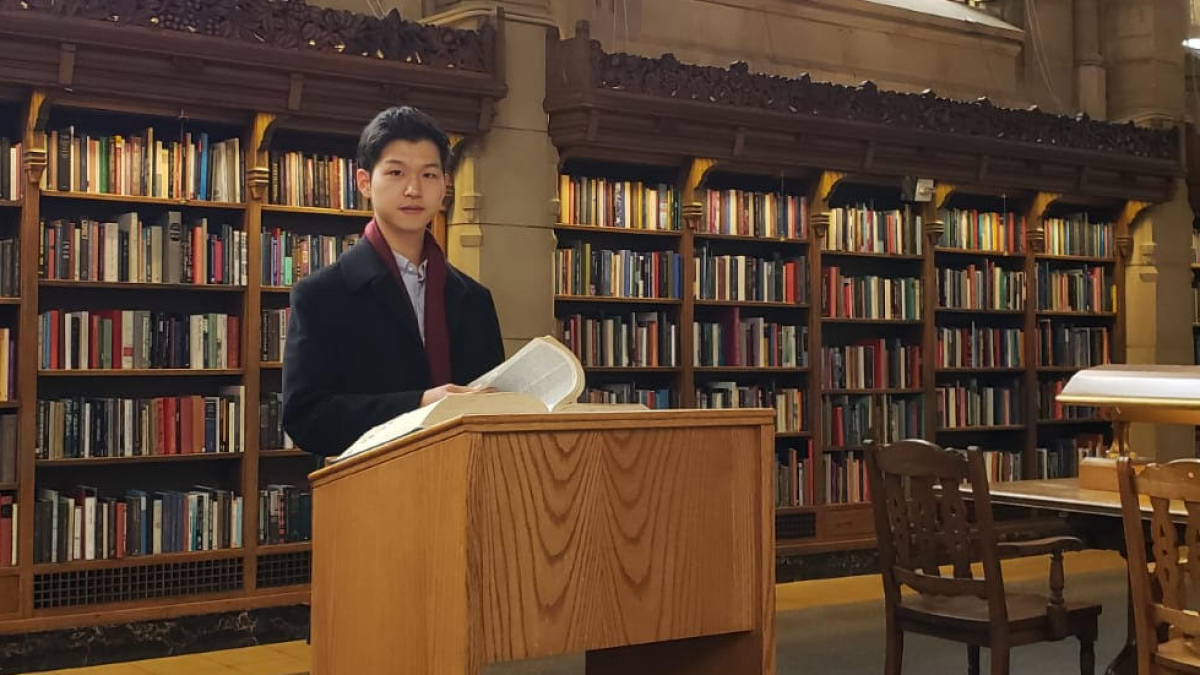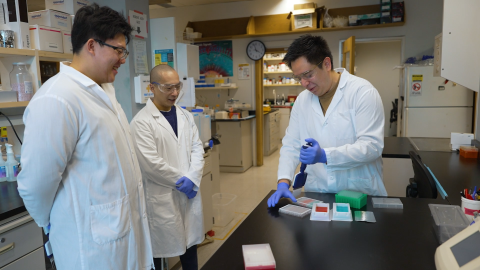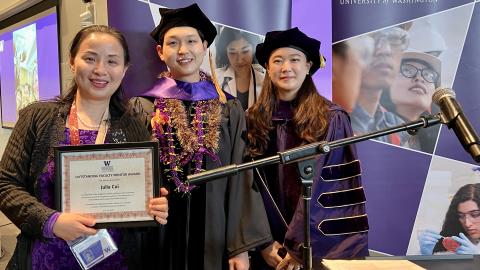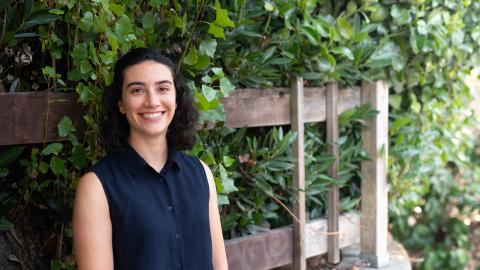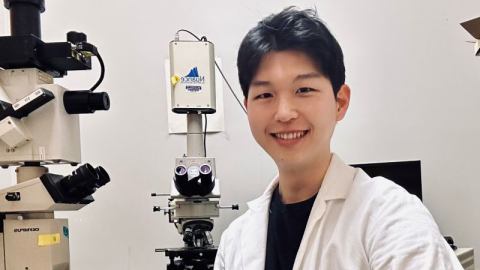![]()
On April 7, 2022, join the Husky community for Husky Giving Day to raise funds that support UW students and programs. Your donation supports students like Joe through the DEOHS Environmental Health Student Support Fund, which helps graduate students pay for research-related expenses, including travel and conference presentations to share their research.
I am a PhD student in Environmental Toxicology in the UW Department of Environmental & Occupational Health Sciences (DEOHS), where I also earned my MS degree.
The University acts as a hub for cutting-edge research and applications in related fields, such as genomics, statistics, applied mathematics, biology and pharmacy.
This facilitates exchanging and improving ideas and collaborating with people in other disciplines. As a DEOHS student, I benefit from the synergy that creates through interactions with other scientists.
Why student support matters
Being able to travel to meetings and conferences is part of that synergy, providing important opportunities to learn and grow outside the academic silo that we are often trapped in.
By presenting and listening to research in other related fields, new ideas emerge and can provide motivation for the next project.
Lack of funding is often the key factor limiting a student’s ability to travel and have these experiences. Donor support is important in enhancing the student experience.
Exploring connections between chemical exposures, the gut microbiome and liver diseases
My research aims to bridge the gap between chemical exposures that occur early in life and the diseases that can develop later in life.
My work centers around the delayed onset of liver diseases from early-life exposure to persistent organic pollutants. There is a sensitive developmental time window for toxic exposures to chemicals that may lead to a delayed onset of diseases in adulthood.
The liver is a critical organ for metabolism and nutrient homeostasis. Altered metabolic regulation in the liver is linked to various complex diseases, such as cancer and fibrosis.
One critical regulator of liver metabolism is the gut microbiome, which forms the metabolic microenvironment of the liver. Investigating the interaction between chemical exposures and the gut microbiome at critical developmental time points will provide insights that could lead to the development of therapeutic treatments for these diseases.
